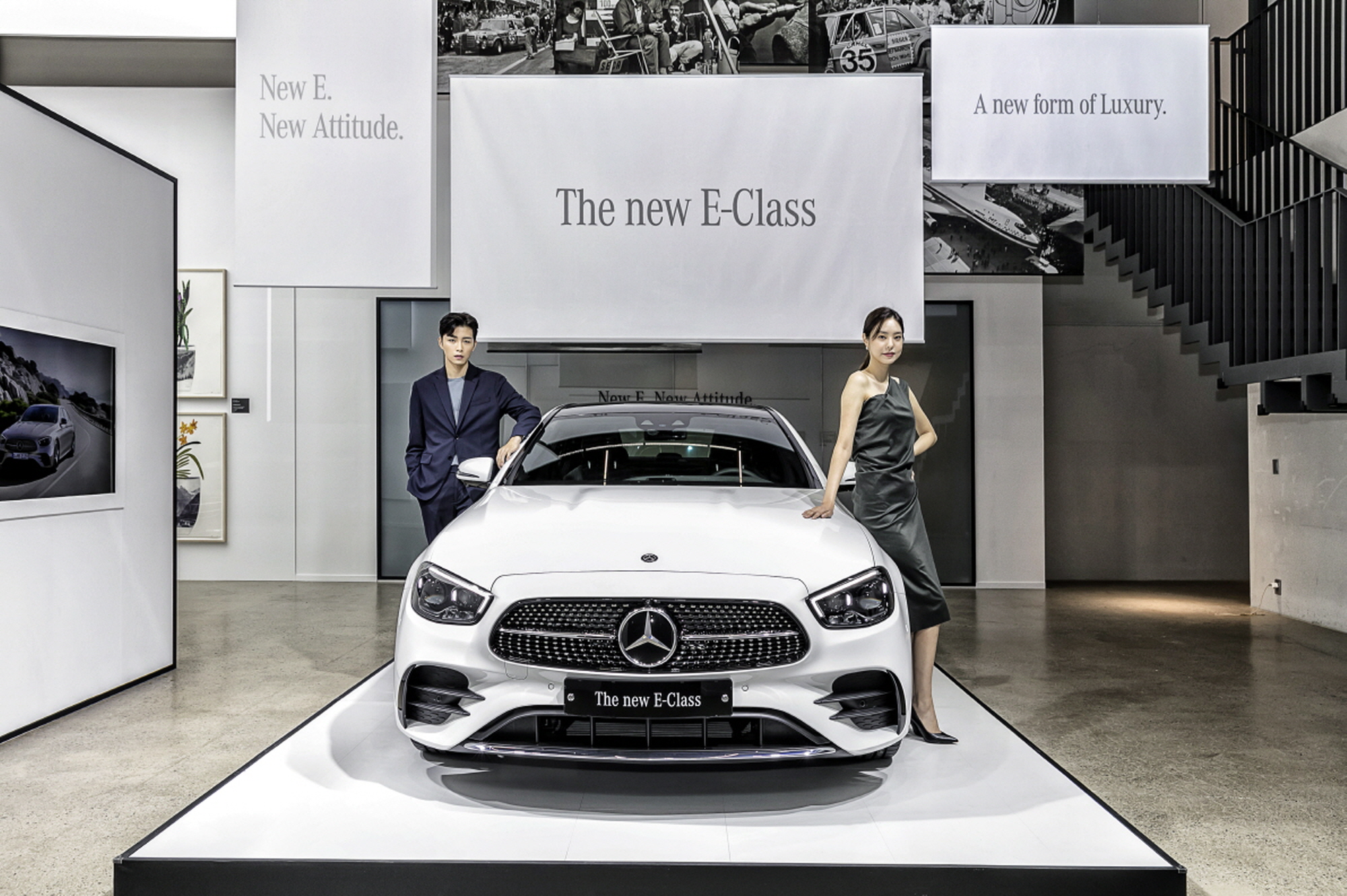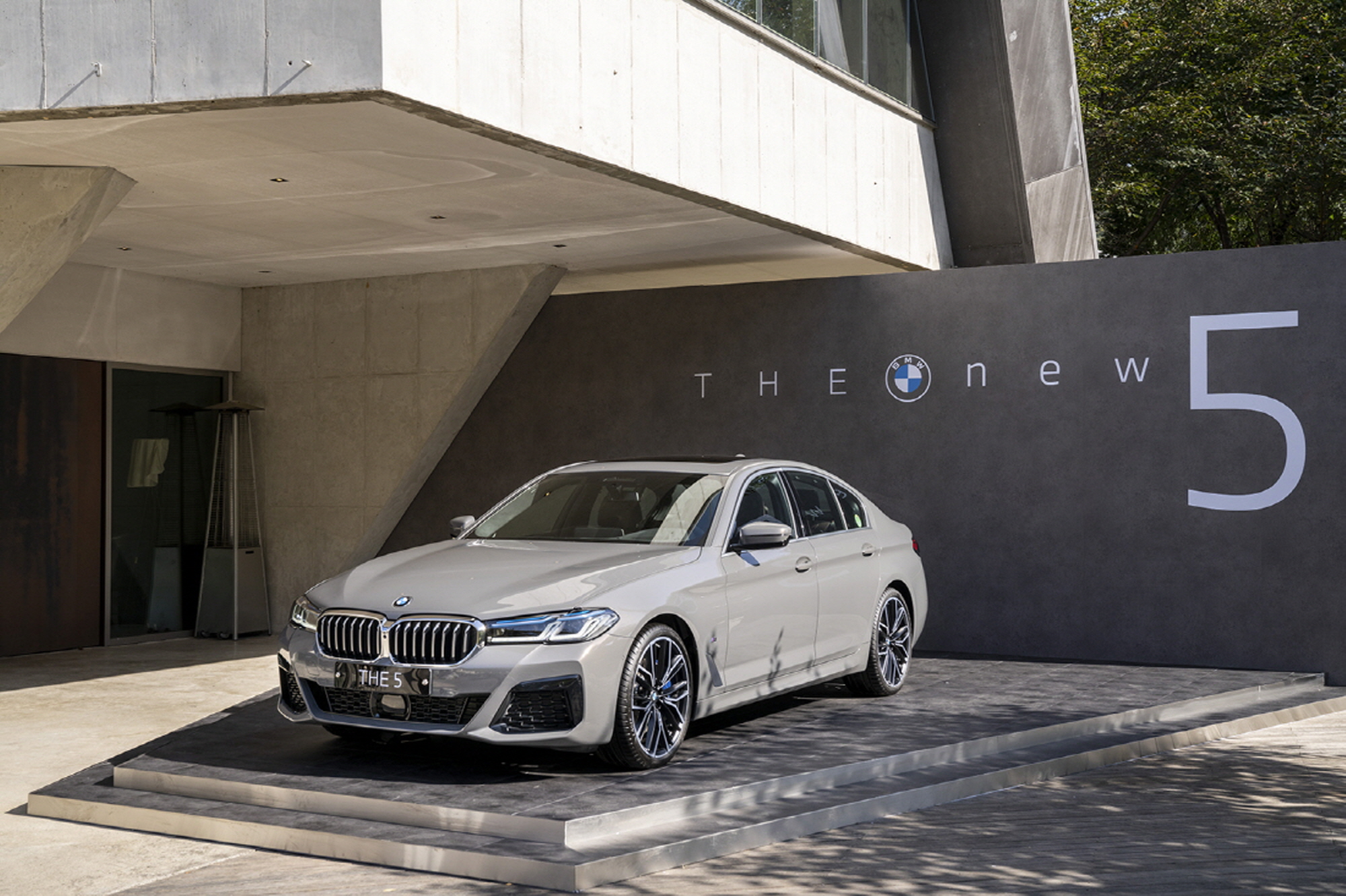
With a mere 188 units separating them, this is an intense competition. The battle between Mercedes-Benz and BMW continues in the import car market. While Mercedes has maintained its lead for six years, BMW is striving to overcome this gap. As the final showdown approaches in a month, the two brands now find themselves in a close contest with only 188 units apart.
According to the Korea Import Automobile Association, the sales of imported passenger cars in November reached 28,222 units, which is an 11.3% increase from October’s 25,363 units. The cumulative sales until November stood at 253,795 units, showing a slight increase of 0.6% compared to last year’s 252,245 units.
By brand, Mercedes sold 7,734 units, a slight increase of 0.2% from the previous month’s 7,717 units. BMW sold 7,209 units, a 6.7% increase from the previous month’s 6,754 units. Cumulatively, Mercedes stands at 71,525 units sold, while BMW has sold 71,713 units, making it a narrow 188-unit difference. The situation remains unpredictable as the year-end approaches.
Additionally, Volvo recorded 2,615 units sold, marking a significant increase of 362% from the previous month’s 566 units, earning it the third spot in import car brand sales for November.
In terms of engine displacement, vehicles under 2,000cc accounted for 16,461 units (58.3%), indicating that more than half of the customers purchasing imported cars prefer compact models due to lower maintenance costs. By country of origin, 24,245 units (85.9%) were European models, demonstrating a strong preference among customers for European imports. By fuel type, gasoline models led with 14,050 units (48.9%), followed by hybrids with 7,613 units (27.0%), electric with 2,707 units (9.6%), and diesel with 2,639 units (9.4%).
The best-selling models in November included the Mercedes E-Class (2,368 units), BMW 5 Series (2,190 units), and Volvo S90 (1,304 units).

Lee Sang-jin daedusj@autodiary.kr

